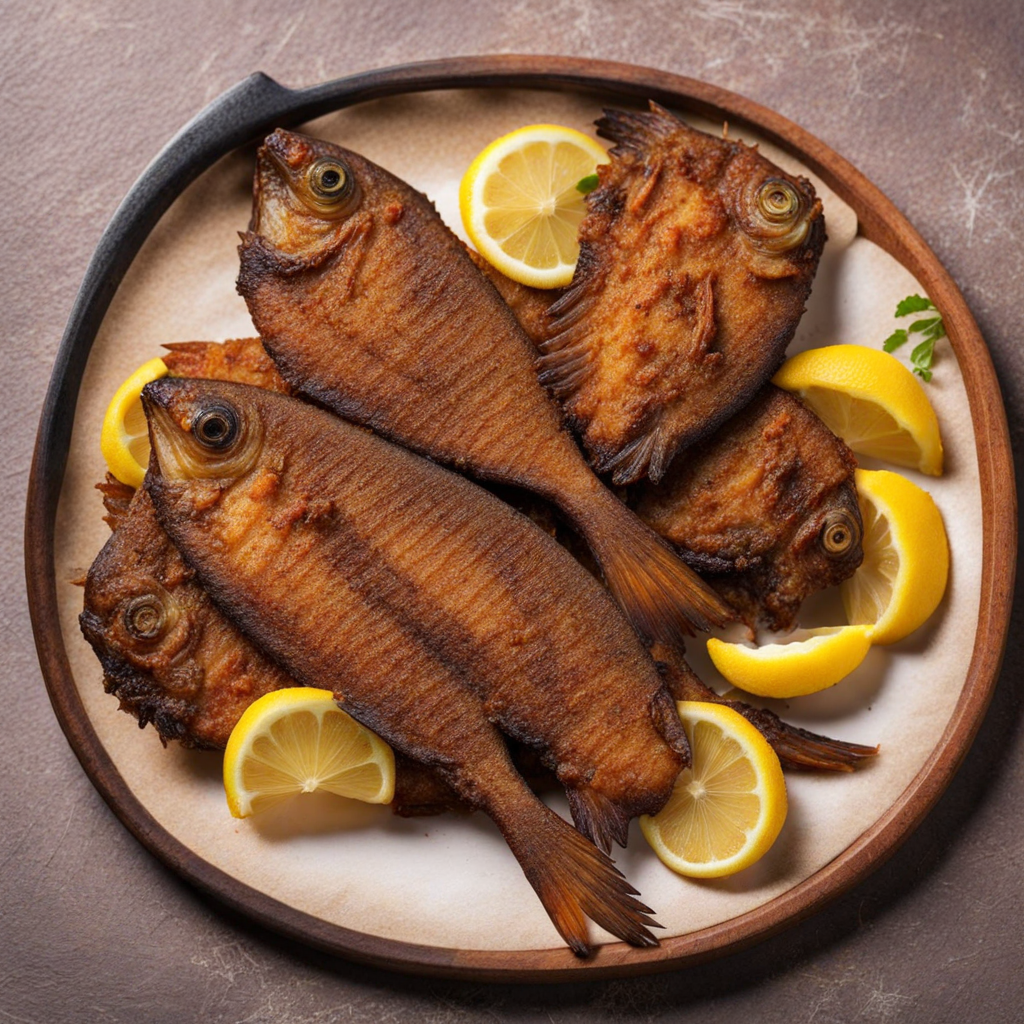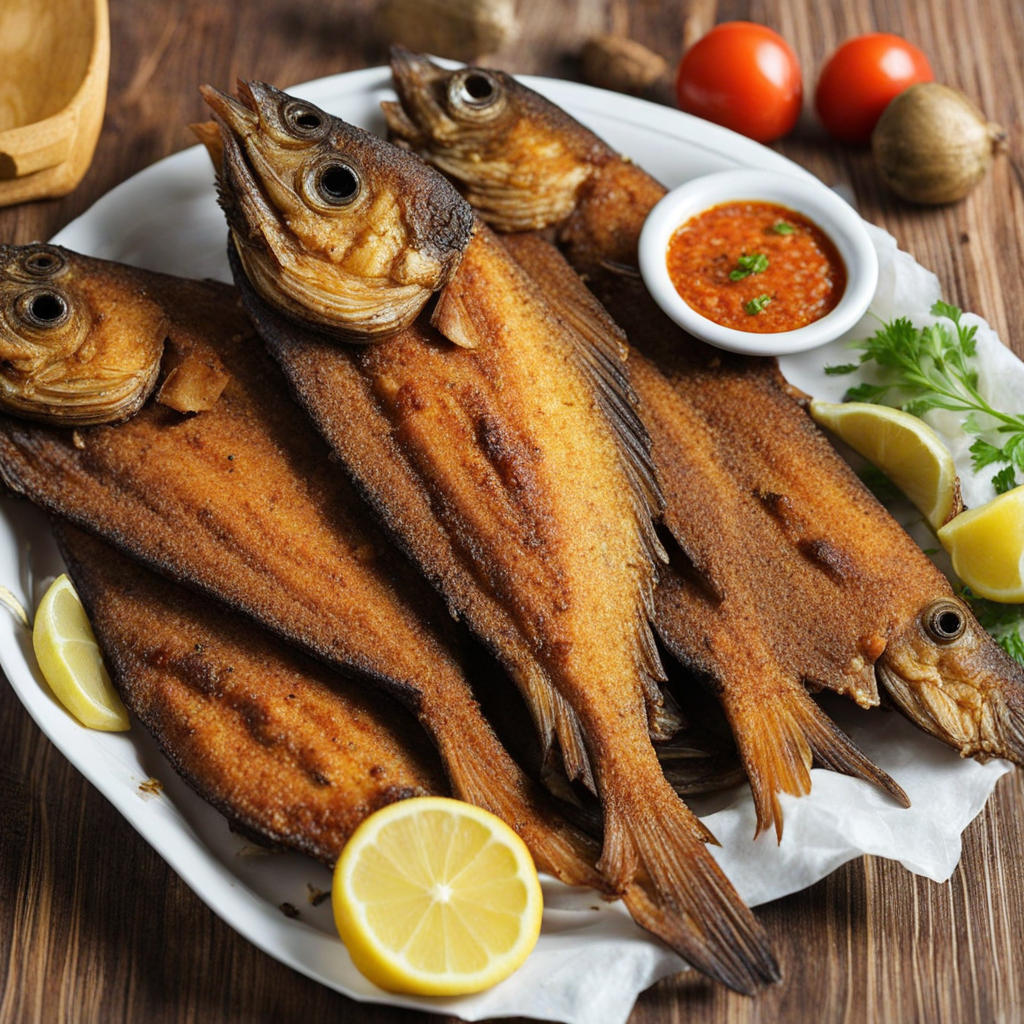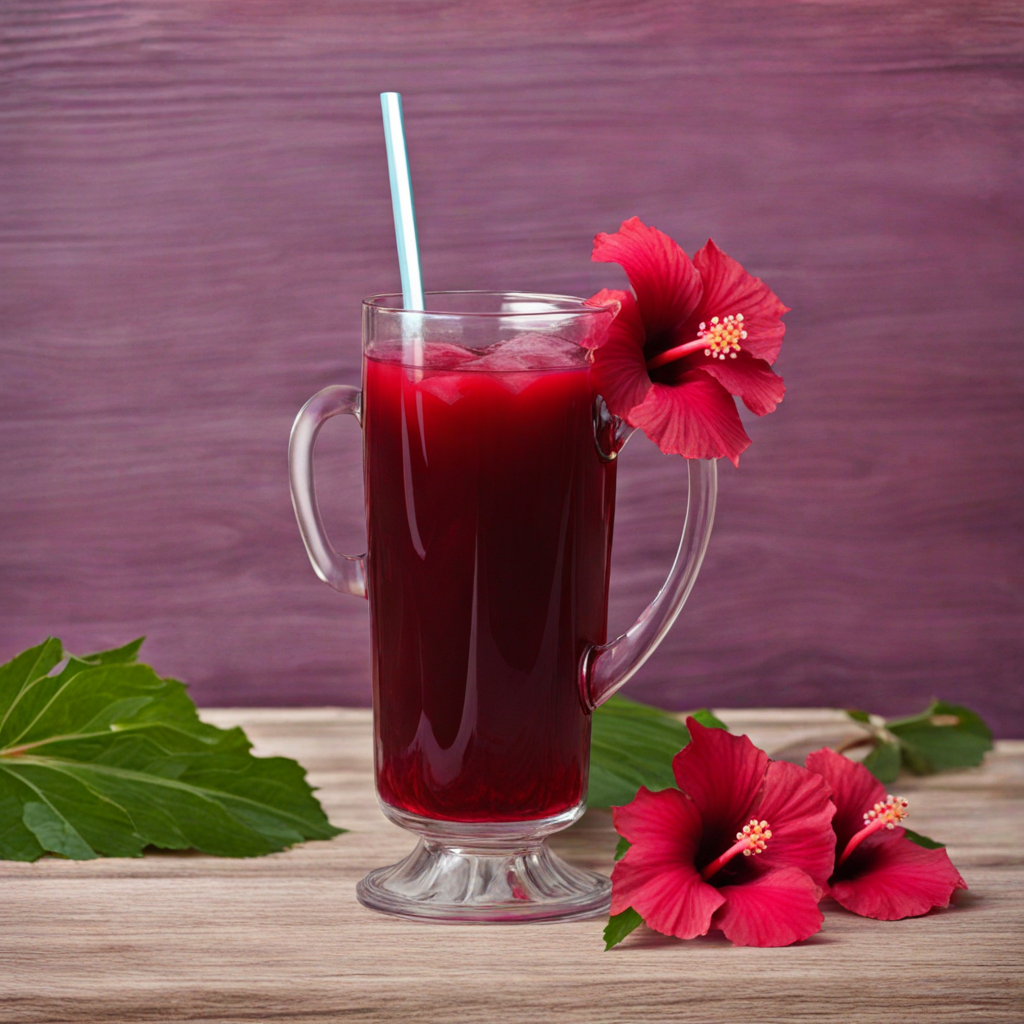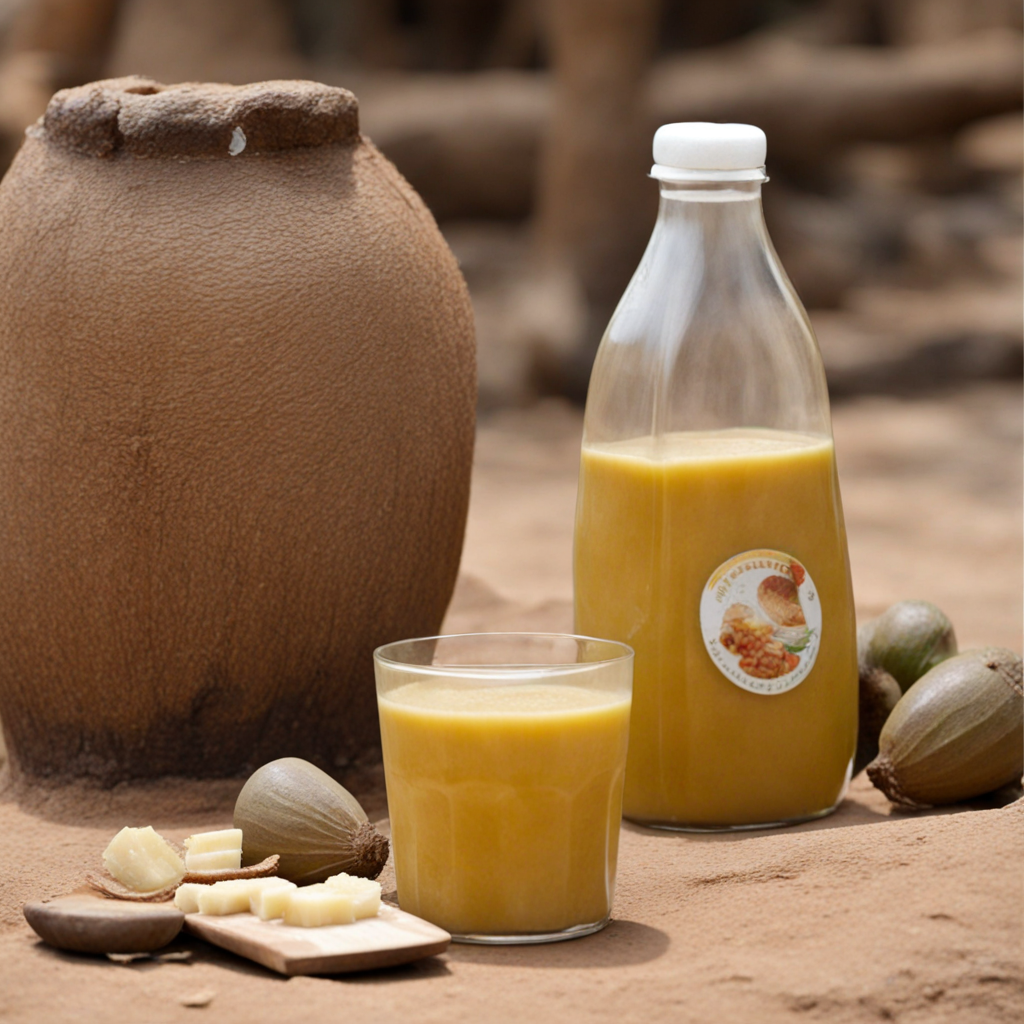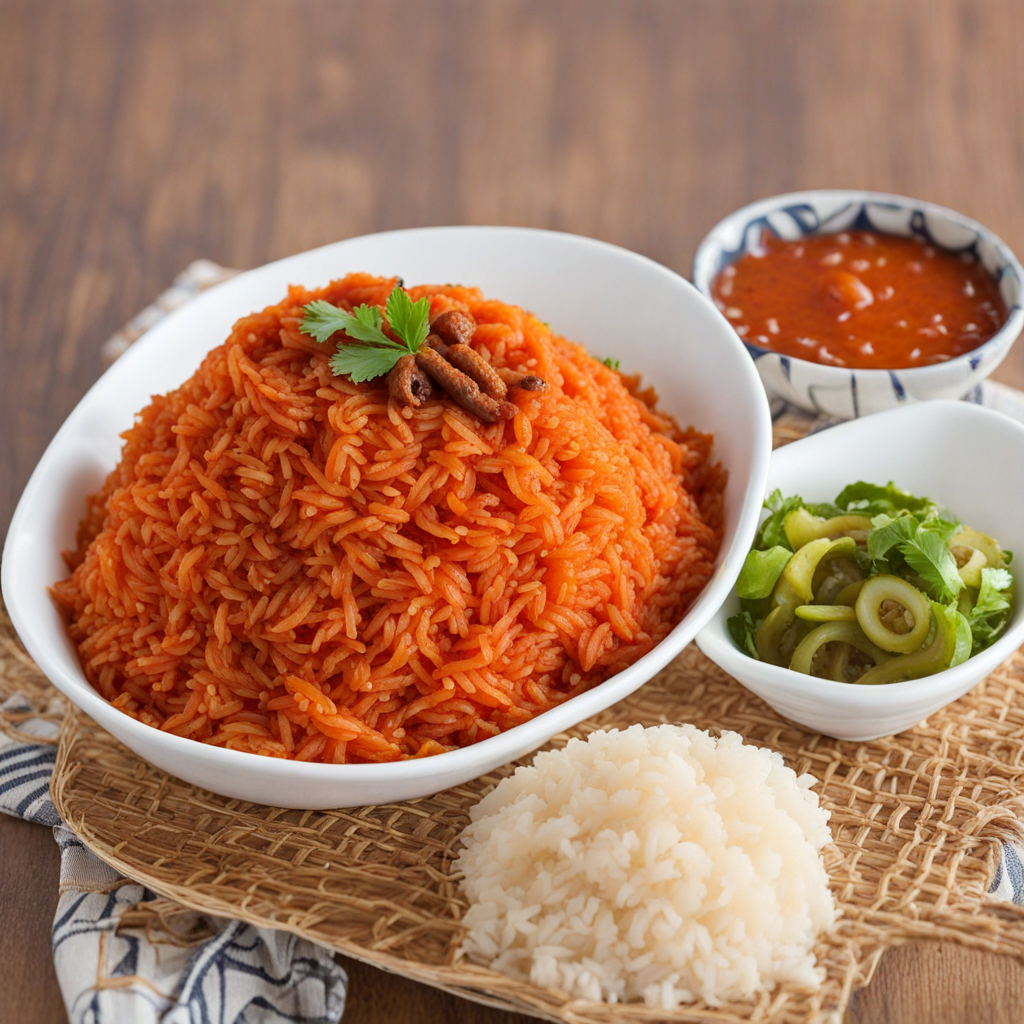Fried Fish
Fried fish, a beloved dish in Niger, showcases the country's rich culinary traditions and reliance on local ingredients. Typically prepared using fresh, locally caught fish such as tilapia or catfish, this dish embodies the vibrant flavors of the Nigerien culture. The fish is often marinated with a blend of spices, including garlic, ginger, and chili, which infuse it with a delightful heat and aromatic depth. After marination, the fish is coated in a light batter or simply seasoned with salt before being deep-fried to crispy perfection, resulting in a golden-brown exterior that is both crunchy and satisfying. The preparation of fried fish in Niger is often a communal affair, with families gathering to enjoy the cooking process and the subsequent feast. Served alongside traditional sides like boiled plantains, rice, or a zesty sauce made from tomatoes and onions, the dish offers a harmonious balance of textures and flavors. The contrasting softness of the fish and the crunch of the fried coating make each bite an exciting experience, while the accompanying sides complement the dish beautifully, allowing for a well-rounded meal. As you savor fried fish from Niger, you'll discover the essence of West African cuisine—where simplicity meets bold flavors. The dish is not only a staple at family gatherings and celebrations but also an everyday comfort food that reflects the local lifestyle. The combination of fresh ingredients, traditional cooking methods, and cultural significance makes fried fish a must-try for anyone looking to explore the diverse and delicious culinary landscape of Niger.
How It Became This Dish
The History of Poisson Frit: A Flavorful Journey from Niger #### Origins Poisson Frit, or fried fish, is a staple dish in Niger, a landlocked country in West Africa, where the Niger River provides a vital resource for both the population and their culinary traditions. The river's bounty has shaped the local cuisine, particularly in regions where fishing is integral to the economy and daily life. Niger’s diverse ethnic groups, including the Hausa, Zarma, and Tuareg, have all contributed to the evolution of Poisson Frit, incorporating local ingredients and cooking techniques that reflect their unique culinary identities. The origins of Poisson Frit can be traced back to the indigenous practices of fishing, which have been part of Niger’s culture for centuries. The Niger River is home to a variety of fish species, such as tilapia and catfish, which are caught using traditional methods. Historically, fishing was not just a means of sustenance but also a communal activity that brought families and communities together, reinforcing social bonds and cultural traditions. #### Cultural Significance In Nigerien culture, Poisson Frit holds a special place at the table. It is often associated with celebrations, gatherings, and communal feasts. Fried fish is not only a source of protein but also a dish that carries memories of family gatherings and festive occasions. Its preparation often involves intricate rituals and shared responsibilities, as family members come together to clean, season, and fry the fish, making it a social activity as much as a culinary one. The dish is typically served alongside a variety of side dishes, such as rice, plantains, or a spicy sauce made from tomatoes and chili peppers. The combination of flavors and textures makes Poisson Frit a beloved meal, appealing to a wide range of palates. In many households, the preparation of Poisson Frit is passed down through generations, with each family adding their own twist to the recipe, ensuring that the tradition remains vibrant and relevant. #### Ingredients and Preparation The basic ingredients for Poisson Frit are straightforward: fresh fish, seasoned flour, and oil for frying. However, the seasoning can vary widely depending on regional preferences and available ingredients. Common seasonings include salt, pepper, garlic, and sometimes local spices like ginger or coriander. The fish is typically cleaned, marinated, and then coated in a mixture of flour and spices before being fried until golden brown. The method of frying fish reflects a broader culinary tradition in Niger, where frying is a common cooking technique. It not only enhances the flavor and texture of the fish but also preserves it, making Poisson Frit a practical dish in areas where refrigeration is limited. The frying process creates a crispy exterior that contrasts beautifully with the tender, flaky flesh inside, making it a favorite among both locals and visitors. #### Development Over Time As Niger’s society has evolved, so too has the preparation and consumption of Poisson Frit. The dish has remained a cultural constant, but modern influences and changing lifestyles have brought new dynamics to its preparation. Urbanization and globalization have introduced new cooking techniques and ingredients, allowing for greater experimentation and creativity in the kitchen. In urban areas, Poisson Frit has transformed into a popular street food, making it accessible to a broader audience. Street vendors serve this delectable dish to passersby, often pairing it with spicy sauces and sides. This shift has not only made Poisson Frit a quick and affordable meal option but has also created a vibrant food culture where people gather to enjoy local flavors together. The rise of food stalls and markets has allowed for the proliferation of variations on the dish, with some vendors adding unique twists, such as incorporating local vegetables or offering fusion versions influenced by international cuisines. Moreover, the dish has garnered attention outside of Niger, becoming a symbol of West African culinary heritage. As the global food scene becomes more interconnected, traditional dishes like Poisson Frit are finding their way onto international menus, celebrated for their rich flavors and cultural significance. Food festivals and cultural events often feature Poisson Frit, offering a platform for chefs to showcase their skills and for audiences to experience the vibrant tastes of Niger. #### Challenges and Sustainability Despite its rich history and cultural significance, the preparation and consumption of Poisson Frit face challenges, particularly concerning sustainability and resource management. Overfishing and environmental changes threaten the fish populations in the Niger River, putting pressure on local fisheries and the communities that depend on them. As demand for fish continues to rise, there is a growing need for sustainable practices to ensure that future generations can enjoy this beloved dish. Efforts are being made to promote sustainable fishing practices and educate communities about the importance of preserving their natural resources. Local organizations and international agencies work together to advocate for responsible fishing techniques that protect fish populations while still supporting the livelihoods of those who rely on fishing as a primary source of income. #### Conclusion Poisson Frit is more than just a dish; it is a cultural emblem of Niger that encapsulates the rich history, traditions, and communal spirit of its people. From its origins along the banks of the Niger River to its modern-day status as a beloved street food, Poisson Frit has evolved while maintaining its core significance in Nigerien society. As it continues to adapt to contemporary challenges and opportunities, this fried fish dish remains a delicious testament to the resilience and creativity of Niger’s culinary heritage. Through continued celebration and preservation, Poisson Frit will undoubtedly thrive, ensuring that future generations can savor its flavors and the stories it carries.
You may like
Discover local flavors from Niger


